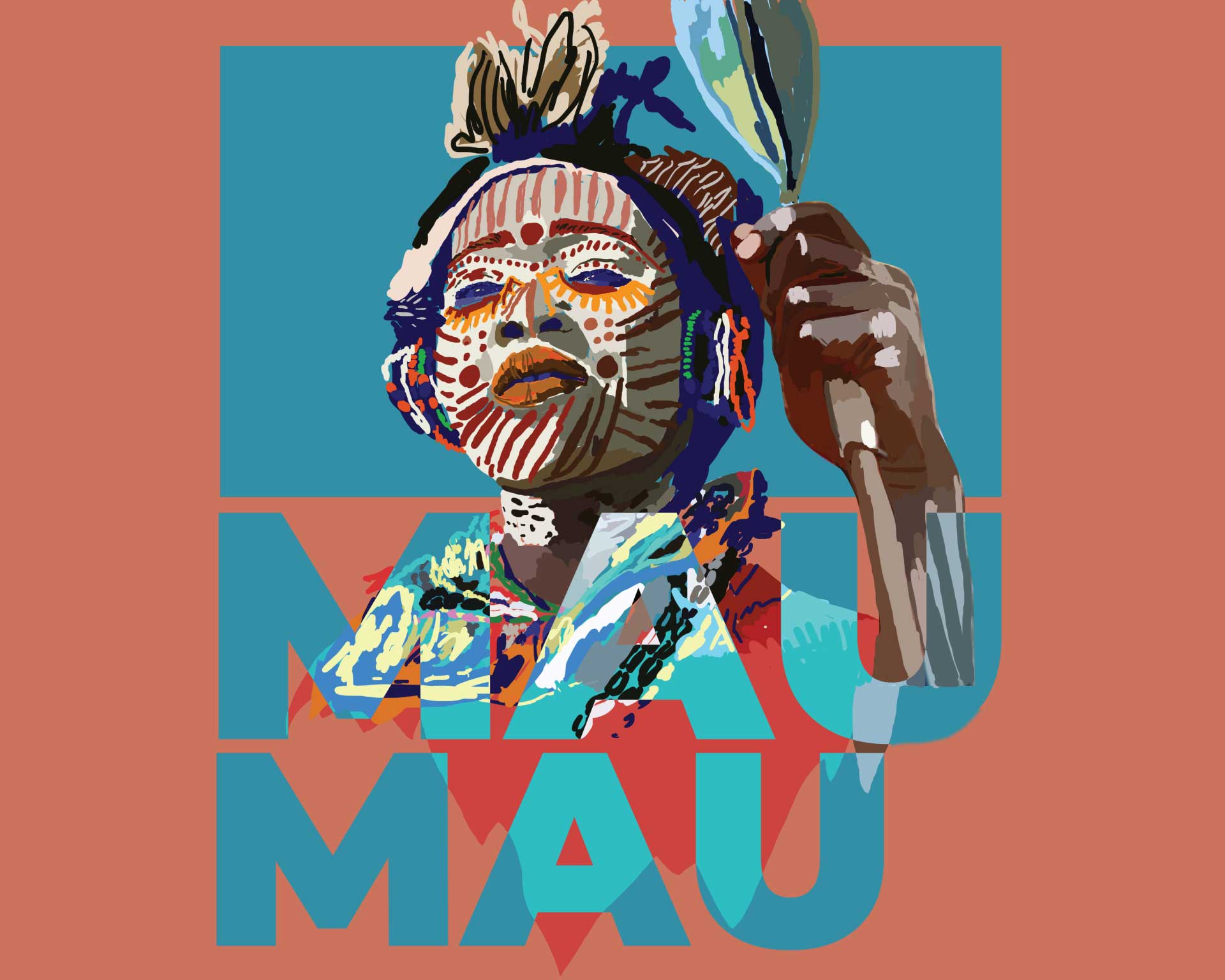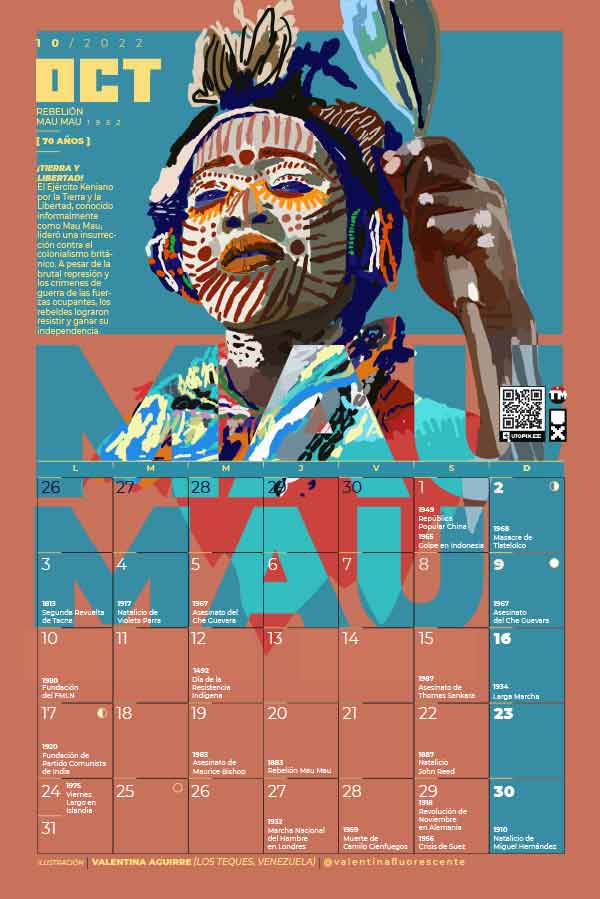ESP – ENG

Anti-colonial struggles around the world, and especially in Africa, escalated after World War II. But the European powers, unwilling to accept the inevitable end of their empires, reacted with all the violence they could muster.
One of the emblematic cases was Kenya. In 1952, the Kenya Land and Freedom Army (KLFA), known as Mau Mau, staged an insurrection against British colonial authorities.
Bringing together different ethnic groups (Kikuyu, Meru, Embu, Kamba, Maasai), the Mau Mau rebellion fought against deep inequalities, such as land distribution, as well as for the country’s independence. Kenya was likewise one of the most overtly racist colonies in the British Empire.
Acting with precision and often at night, the Mau Mau battalions spread panic among the colonial rulers. Women also played a key role, both in combat and in maintaining supply lines.
The United Kingdom reacted with violence and repression while trying to delegitimize the insurrection. Governor Evelyn Baring, supported by a settler population extremely attached to its privileges, decreed a State of Emergency.
In the following four years, the British army carried out massive bombings of forest areas where the Mau Mau warriors moved, arrested leaders and thousands of alleged supporters in the capital Nairobi. The British committed war crimes left and right, and subjected prisoners to brutal torture, including castration. The survivors sued the British state, which, although it acknowledged its responsibility, refused to compensate the victims.
Military operations and repression by the colonists effectively put an end to the uprising, although rebel groups remained active until 1960. The Mau Mau insurrection did not achieve its goals, but it was another wave in the anti-colonial struggle in Kenya. The pressure did not cease and the country would secure its independence in 1963.

Click here to download the printable version of the calendar and hang it on your wall.
Text: Ricardo Vaz. Artwork: Valentina Aguirre.